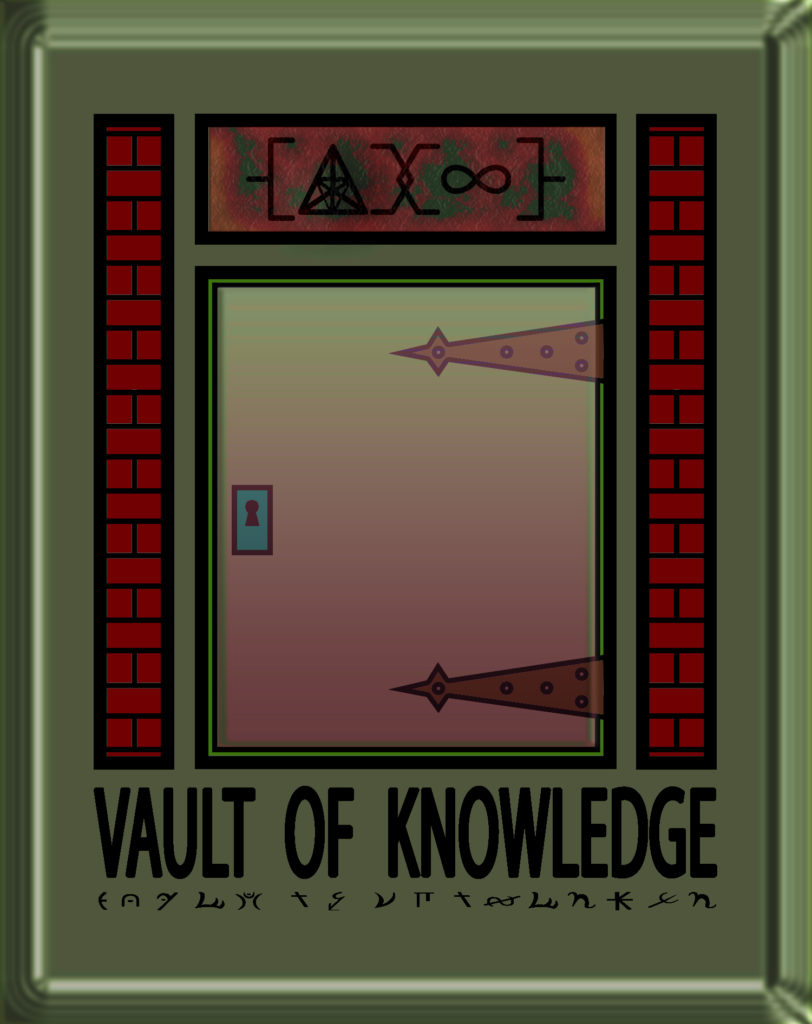I finally found the file I’d created from whence I got these tips from, so rather than piecemeal them, here’s the whole list at once. Then in later posts I’ll get into some specifics for fantasy and SF worlds.
These are my 10 basic tips for writing a good story. Be it novel or short story, I’ve found over the years that these tips I’ve developed can help a lot.
1) Turn off the Grammar Checker. Leave on the spell checker, by all means, but for dialogue especially, the grammar checker is useless.
2) Use a database for keeping track of character details. Keeps them consistent, all the little details right there in front of you. You may not need all the details all the time, but it will keep the picture in your head, and remind you who looks and acts like what.
3) Don’t be afraid to innovate. Remember, the earliest big writers didn’t go to Writing School because they didn’t exist. The basic grammar you learned in Elementary School is all you need to know for good writing. “Writing Classes” are merely someone else’s opinion of what might work (and keep in mind, their instructors are teaching… not really earning a living with their own books).
4) Imagination and creativity is a born gift. Except for during the period we call childhood, you can’t learn how to be creative in a class.
5) Outline. Outlining, and other prep work, before starting in with the book, will prevent such things as writer’s block and minimize stumbling blocks with plot.
6) Music Helps. No one can write or concentrate in total silence. Break out whatever music works for you and the genre you’re writing and have it playing in the background.
7) If in doubt, say it out loud. Does it sound like something a real person would say and the way he’d say it?
8) Be adaptable. Outline or no, ideas will come up in the middle of a scene, ideas that might make it better, add characters, etc. Still stay within your chosen basic outline, but don’t be afraid to tweak some of the details in mid stream.
9) Break the rules. Acceptable word counts, three-act format, story must have just the single protagonist who’s story must follow the same set pattern, whatever the “official” rule is. Break ’em if you need to. The story is the only thing that counts. Remember: the only one looking over your shoulder is you, so be unafraid.
10) Plot or Character. Everything in a story must have something to do with either the plot or character developement (both at the same time is the most economical).
11) 1 picture may be worth a thousand words, but the job of a good writer is to make 1 word worth a thousand pictures. (I came up with this one myself, so if you use this quote please credit me).





 Users Today : 142
Users Today : 142 Total views : 4231838
Total views : 4231838 Who's Online : 3
Who's Online : 3

